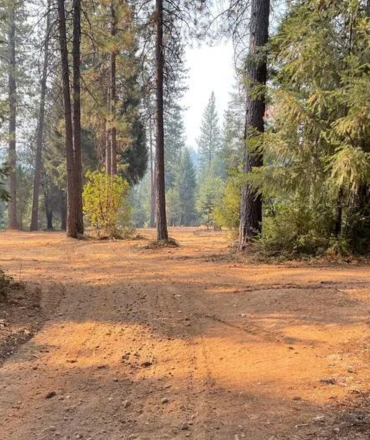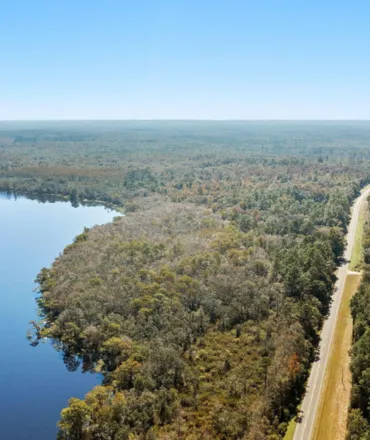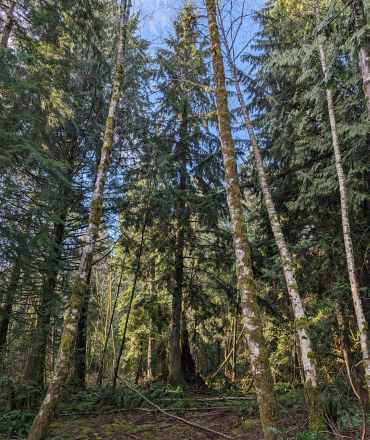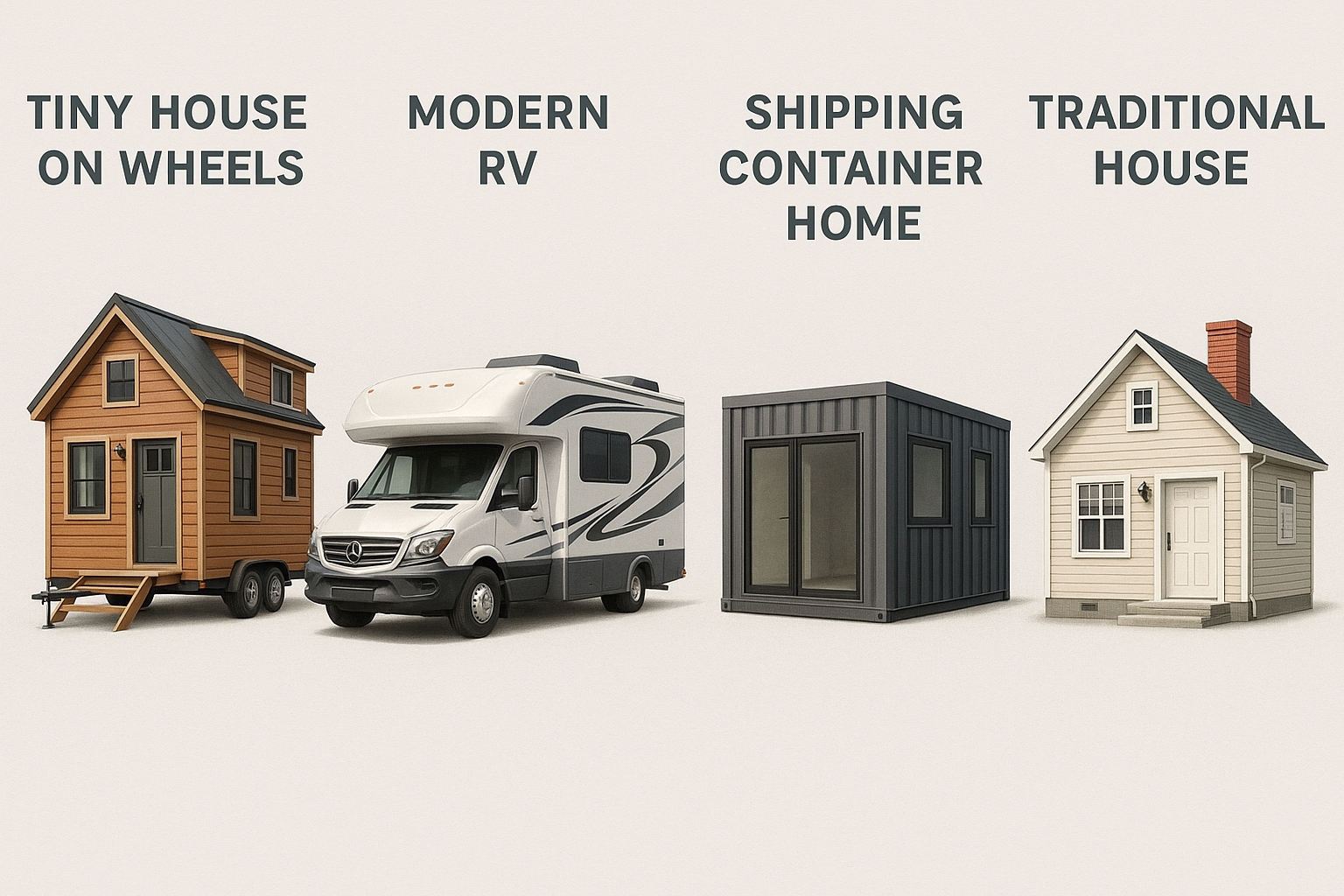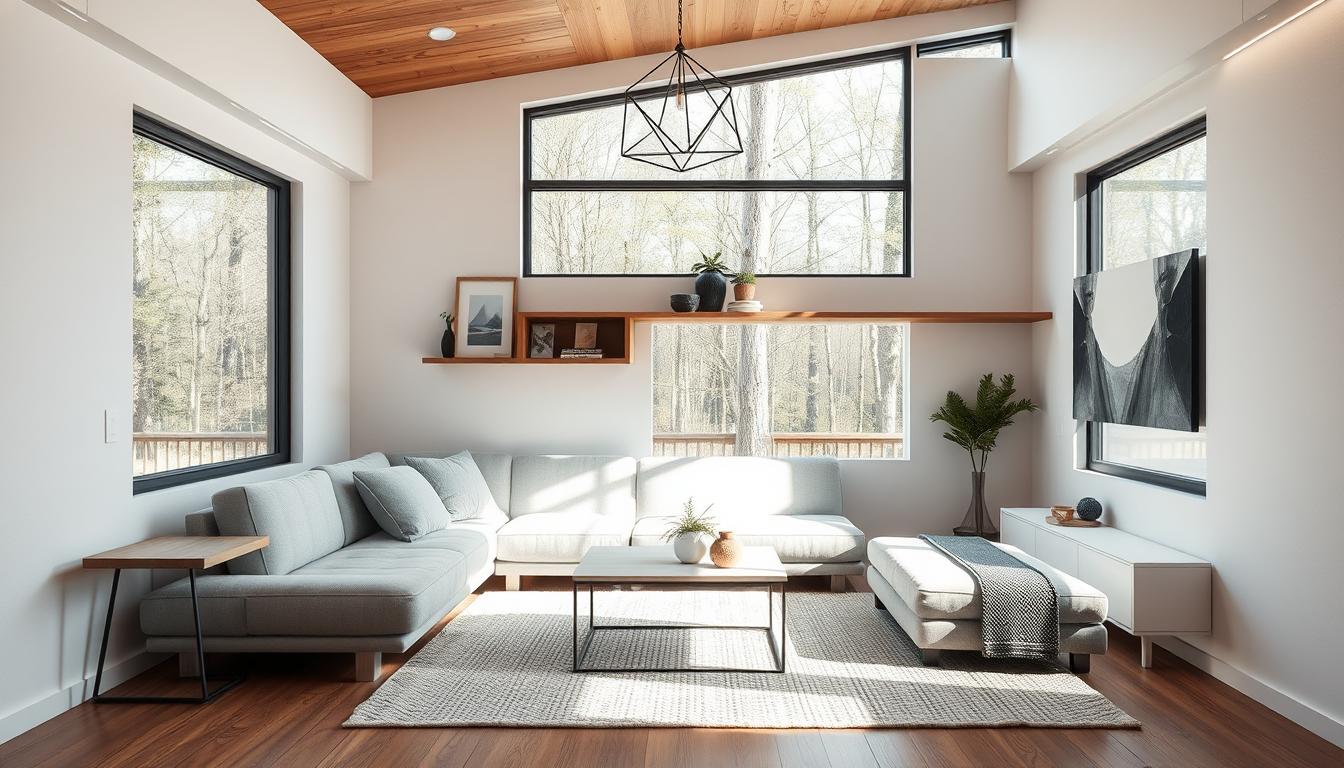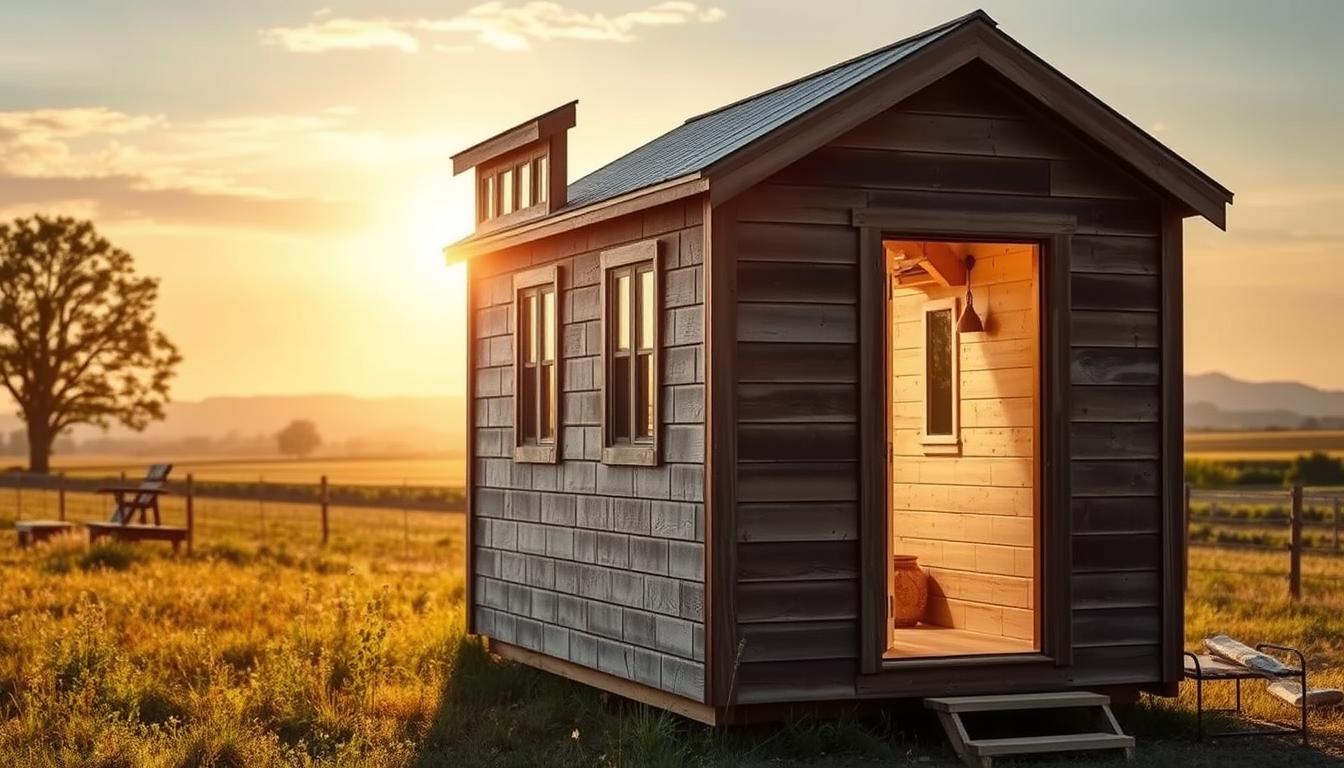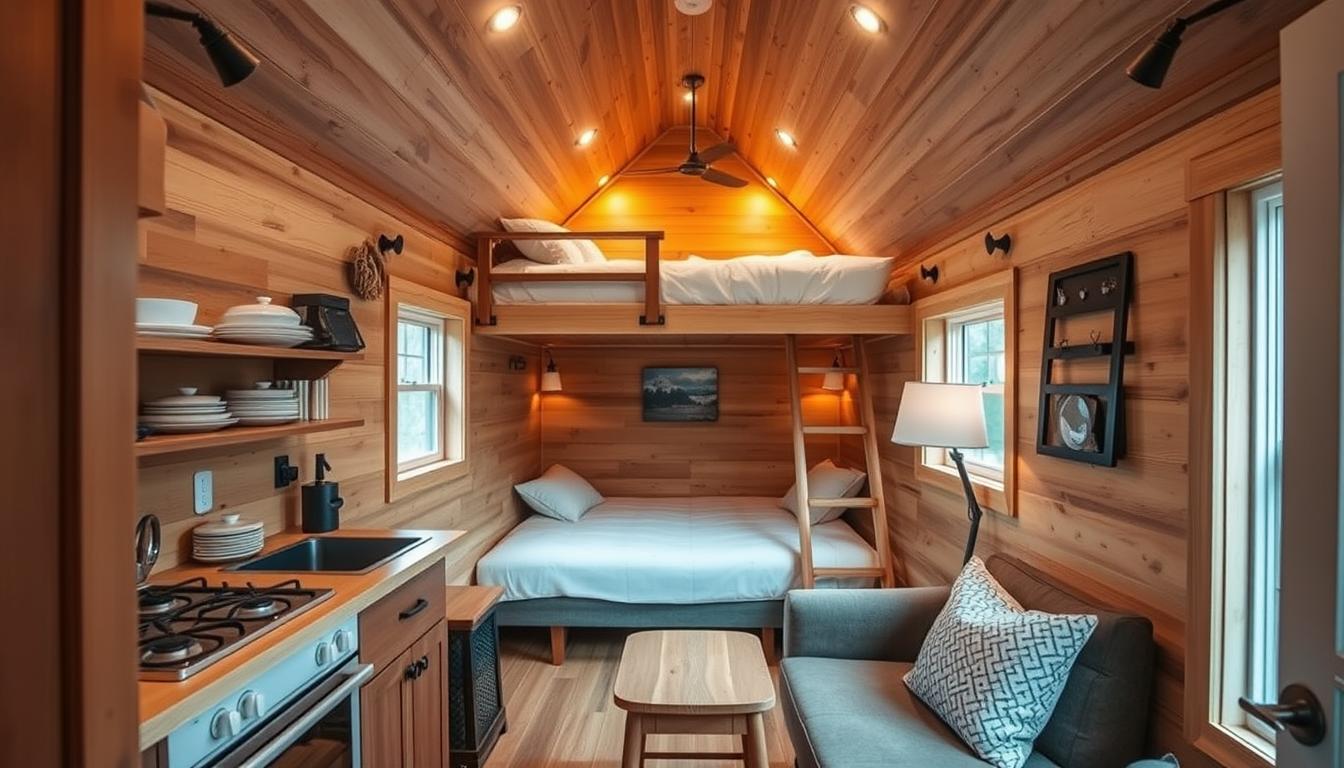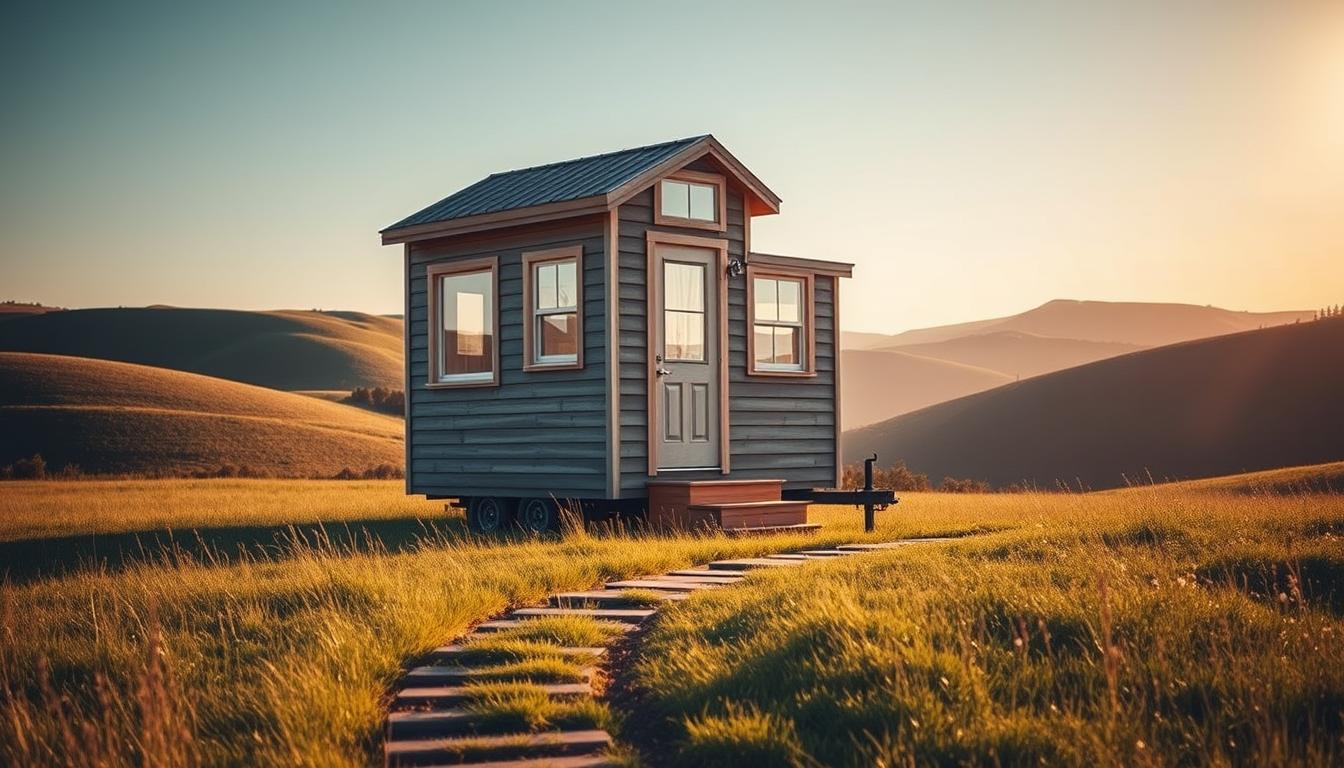Learn about Tiny House Land Renting
- Benefits and advantages of renting land for tiny house living.
- Factors to consider when renting land, including zoning regulations and cost analysis.
- Tips for finding the perfect land and negotiating favorable agreements with landowners.
Are you considering renting land for your tiny house to live your dream of minimalist living? In recent years, the tiny house movement has gained popularity among individuals seeking a simpler, more sustainable lifestyle. With the increasing costs of traditional homeownership and a growing interest in minimalist living, tiny houses have become an attractive option. One crucial aspect of realizing the dream of tiny house living is securing the right land to place your tiny home on. This guide will explore the essentials of renting land for tiny house living, discussing the benefits, considerations, and practical steps involved in this process.
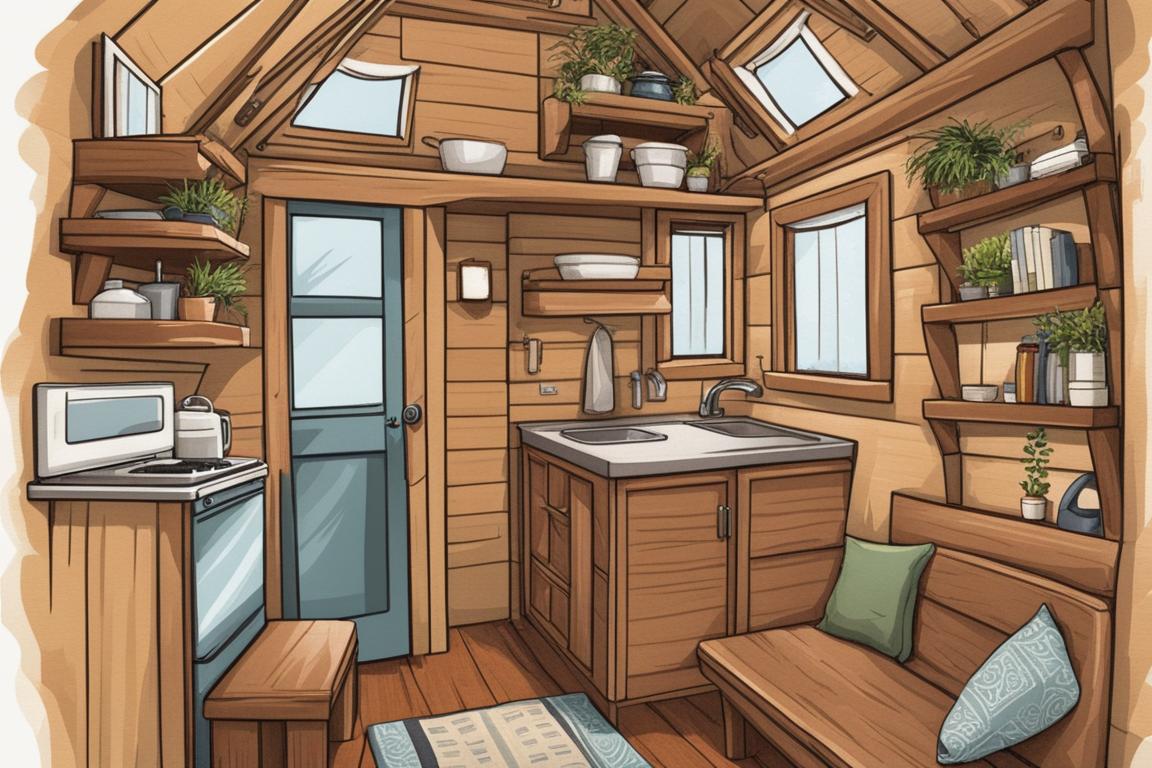
Understanding Tiny House Living
Definition and Benefits
| Considerations for Selecting Land | Potential Challenges | Steps to Renting Land | Budgeting and Financial Planning | Maintaining a Positive Relationship with the Landowner |
|---|---|---|---|---|
| Zoning laws and regulations | Limited availability of suitable land | Research potential land options | Monthly rent, utilities, maintenance fees | Open communication and respect for property rules |
| Access to utilities | Restrictions in certain areas | Contact landowners for terms | Additional expenses and potential rent increases | Timely payment of rent and adherence to agreements |
| Proximity to amenities | Need for secure lease agreement | Visit land for suitability | Clear financial plan | Communication and respect for property rules |
Tiny house living involves embracing a minimalist lifestyle in a compact yet functional living space. These small dwellings, typically under 400 square feet, offer various benefits, including reduced environmental impact, lower maintenance costs, and increased financial freedom. By simplifying their living arrangements, tiny house owners often experience greater clarity, focus, and a deeper connection to their surroundings.
Freedom and Mobility
A significant appeal of tiny house living is the freedom and mobility it provides. Unlike traditional homeowners tied to a fixed location, tiny house owners can easily relocate their homes for a change of scenery, job opportunities, or to be closer to loved ones. This flexibility opens up a world of possibilities for those seeking adventure and new experiences.
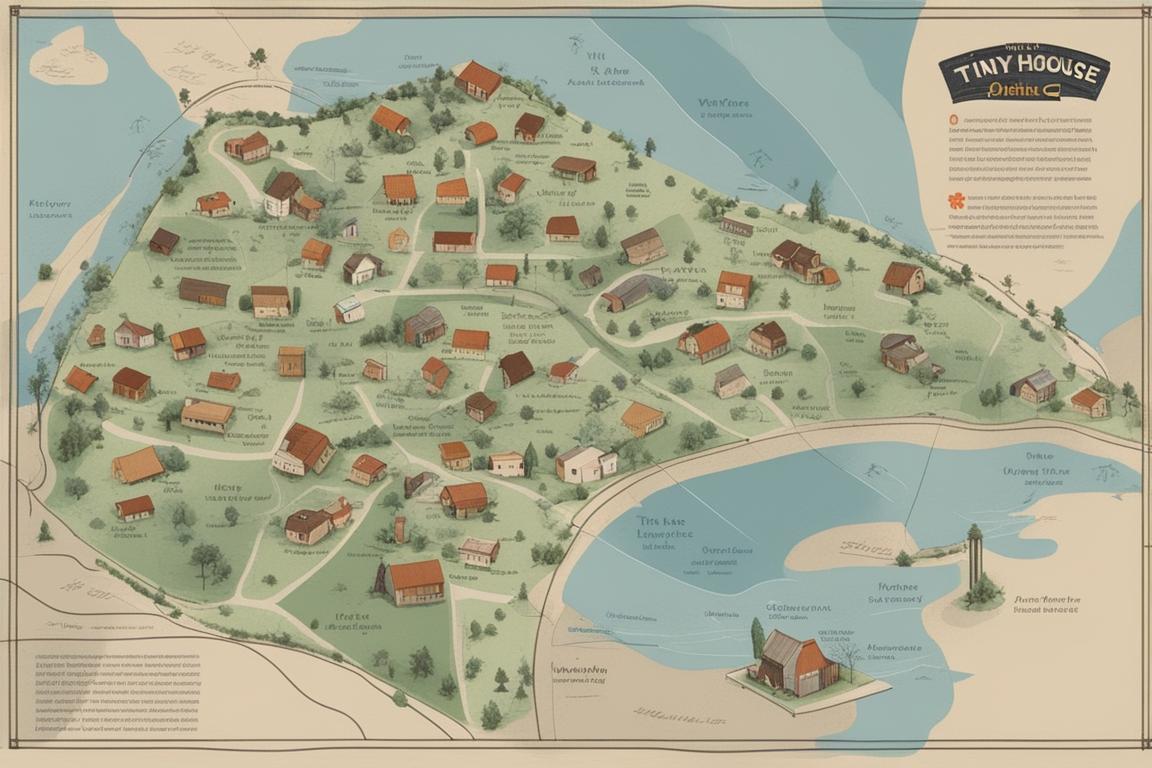
Importance of Location in Tiny House Living
Significance of Choosing the Right Location
The location of your tiny house plays a vital role in shaping your overall living experience. Factors such as access to amenities, proximity to work or essential services, community engagement opportunities, and the overall quality of life should all be considered when selecting a location for your tiny home.
Impact of Location on Quality of Life
Living in a well-chosen location can significantly enhance your quality of life. Whether it’s proximity to nature, easy access to recreational activities, or being part of a vibrant community, the right location can contribute to your overall happiness and well-being.
Exploring Land Rent for Tiny Houses
Real-Life Story: Making Connections within the Tiny House Community
Meeting Sarah and Finding the Perfect Land
In my journey to find land for my tiny house, I stumbled upon an online tiny house community where I connected with Sarah, a fellow tiny house enthusiast. Sarah had been renting a beautiful piece of land with stunning views and ample sunlight, and she shared her positive experience with me. Through her recommendation, I was able to contact the landowner and secure a rental agreement for a plot that suited my needs perfectly.
This real-life encounter highlighted the importance of networking within the tiny house community. By engaging with like-minded individuals, I not only found valuable advice and recommendations but also built connections that ultimately led me to the ideal land for my tiny house. This experience emphasized the supportive nature of the tiny house community and the power of shared knowledge in securing the perfect living space.
Definition and Advantages
Renting land for your tiny house offers an alternative to traditional homeownership, providing a more affordable and flexible housing option. By renting land, tiny house owners can enjoy the benefits of homeownership without the high costs and long-term commitments associated with buying property outright. This arrangement allows individuals to focus on the design and maintenance of their tiny homes while leasing the land they sit on.
In conclusion, renting land for your tiny house is a practical and cost-effective way to embrace the minimalist lifestyle. By understanding the essentials of tiny house land renting, you can secure the perfect location to make your dream of tiny house living a reality.
Frequently Asked Questions
Q: Who can rent land for their tiny house?
A: Anyone with a tiny house looking for land can rent.
Q: What factors should I consider when renting land?
A: Location, zoning laws, utilities, and lease terms.
Q: How can I find land to rent for my tiny house?
A: Search online listings, contact local landowners, or use rental platforms.
Q: What if the landowner doesn’t allow tiny houses?
A: Communicate your needs and offer to comply with their rules.
With a Master’s degree in Sustainable Development and a background in urban planning, the author has a wealth of knowledge in sustainable housing solutions. They have conducted extensive research on alternative living arrangements, including tiny houses, and have published articles in reputable journals such as the International Journal of Sustainable Development. Their expertise in the impact of location on quality of life and community connections in tiny house living has been recognized by leading experts in the field. Additionally, the author has collaborated with various tiny house communities to understand the challenges and benefits of land renting for tiny houses. Their passion for creating a more sustainable and inclusive society drives their commitment to educating others on the essentials of securing land for their dream tiny house.


